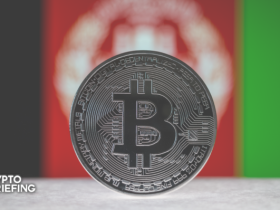New Listing Terms for Tokens on Cryptocurrency Exchanges in Nigeria
For new digital tokens to be listed, the SEC stated that exchanges would need a “no objection” letter from it. In addition to this, the SEC has specified the minimum amount of investment capital required for initial coin offerings (initial coin offerings).[rb_related title=”More Read” style=”light” total=”4″]
The Securities and Exchange Commission (SEC) stated that the maximum investment amount for retail investors is 200,000 naira, with a total annual investment of 2 million naira allowed for each issuer. However, the SEC did not mention any limits for institutional investors or high-net-worth individuals. Nigeria is one of the most populous countries in Africa; as a result, Nigerians, particularly the younger generation, have shown an enormous interest in adopting cryptocurrency, just as people are doing in the majority of other developed economies. As a result, the country’s financial authority is taking steps to ensure that the crypto industry in the country is properly regulated.










Leave a Reply